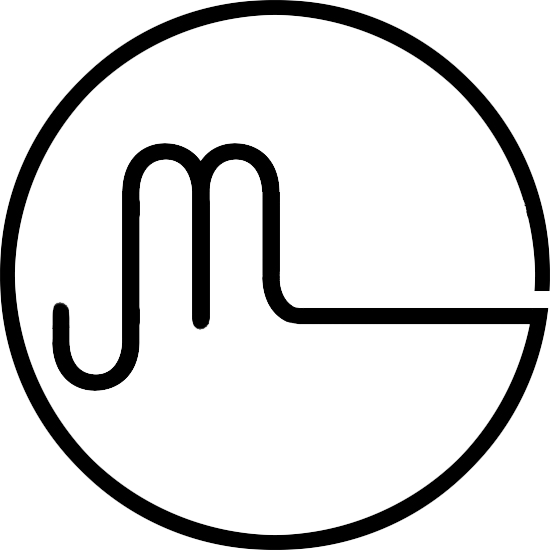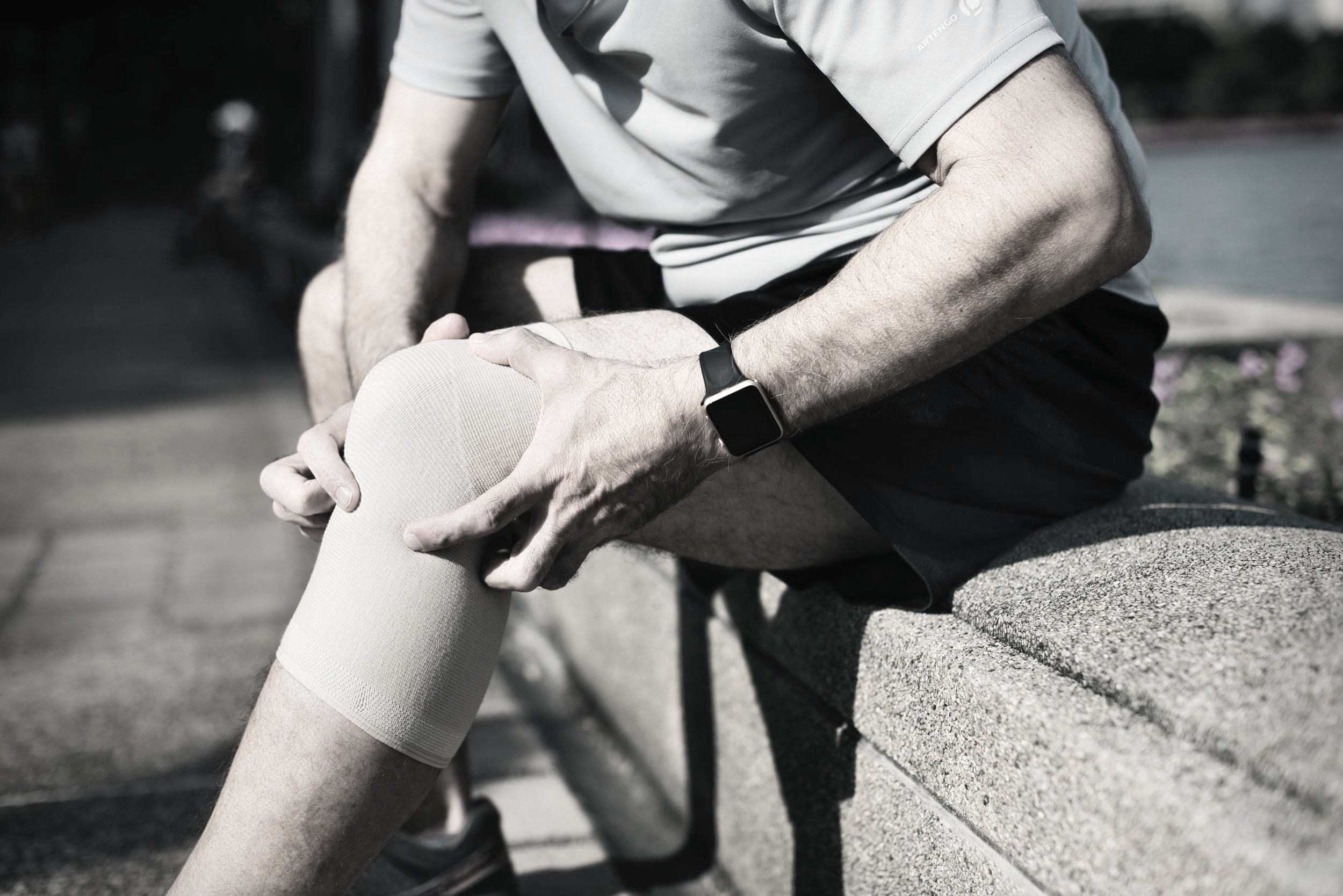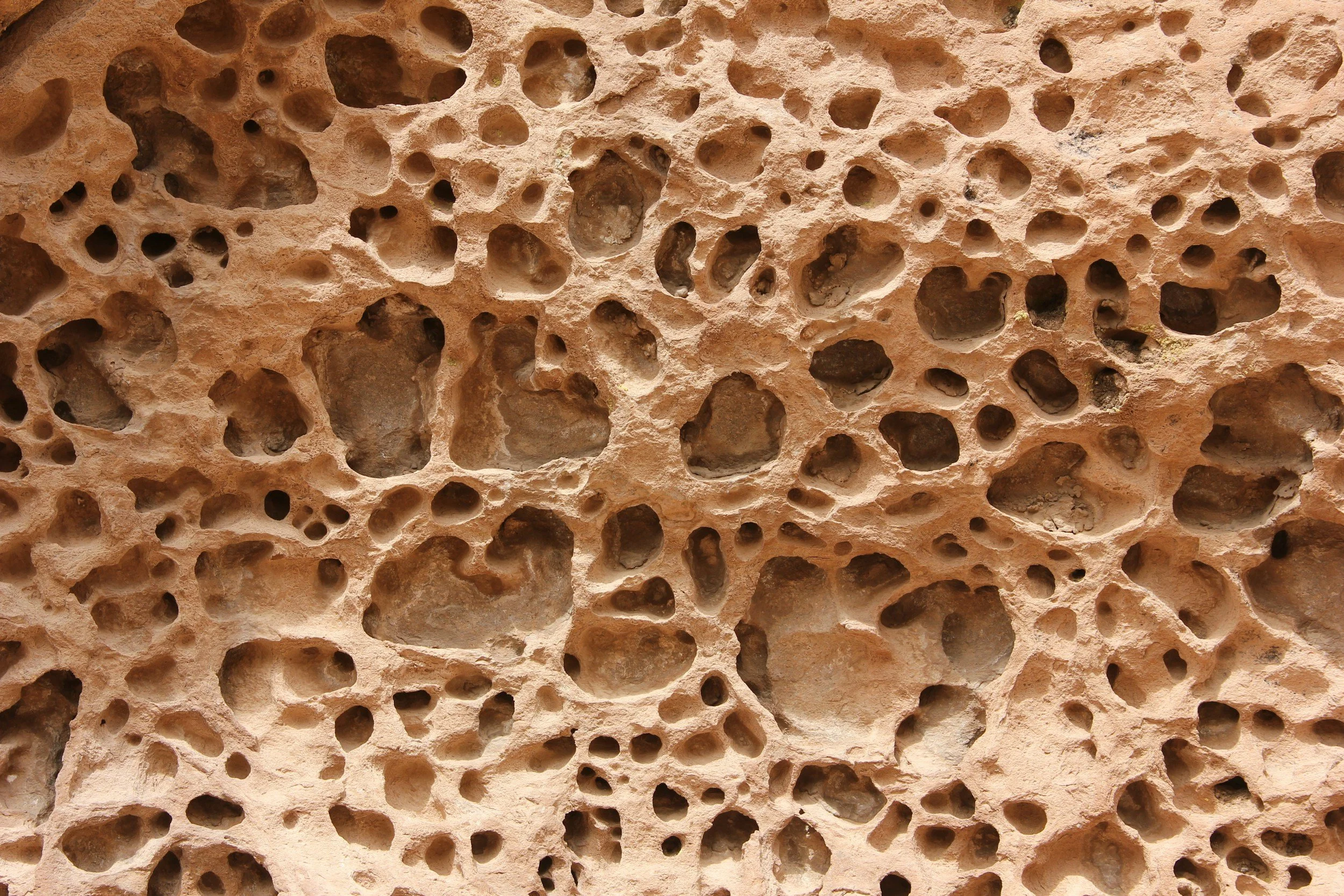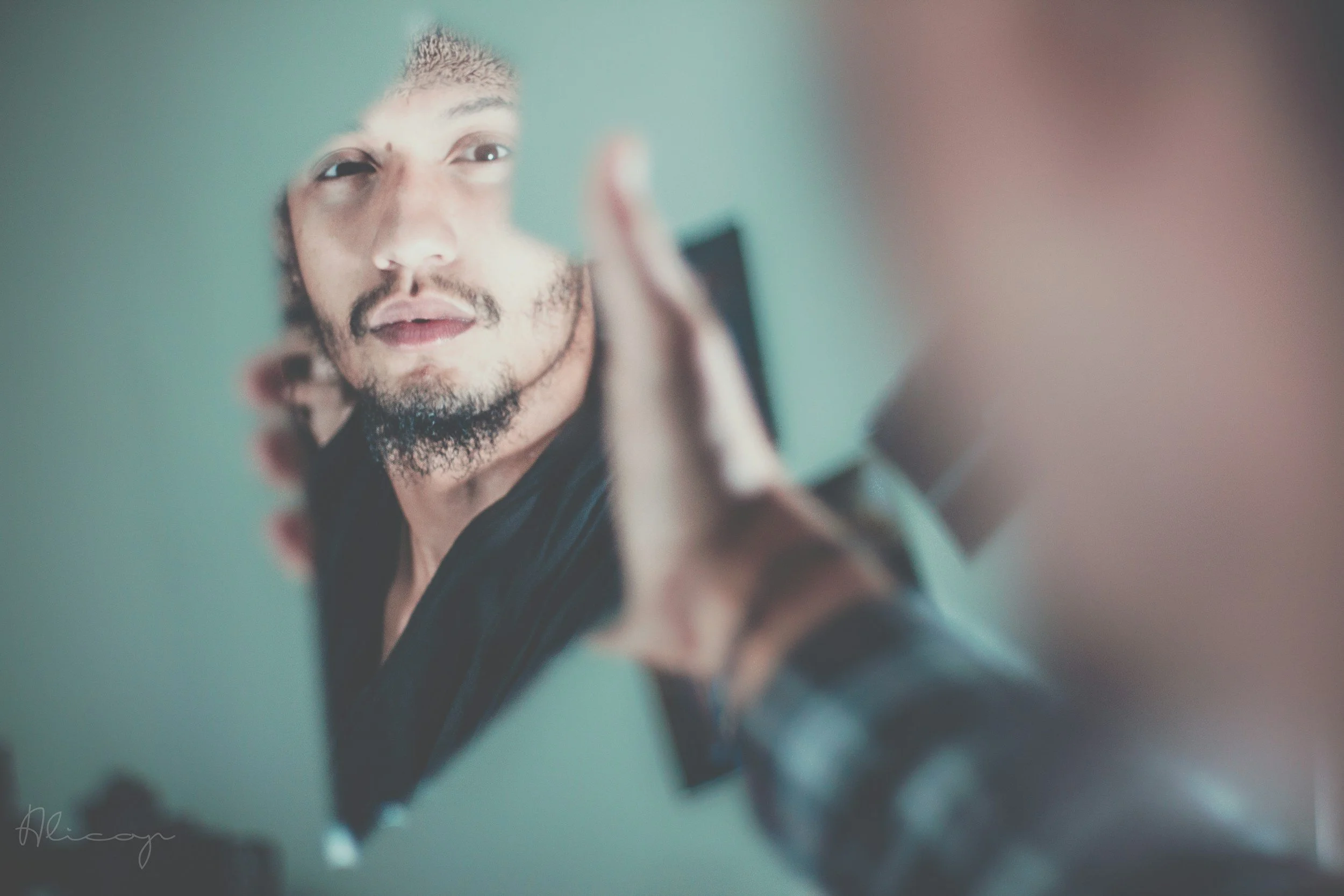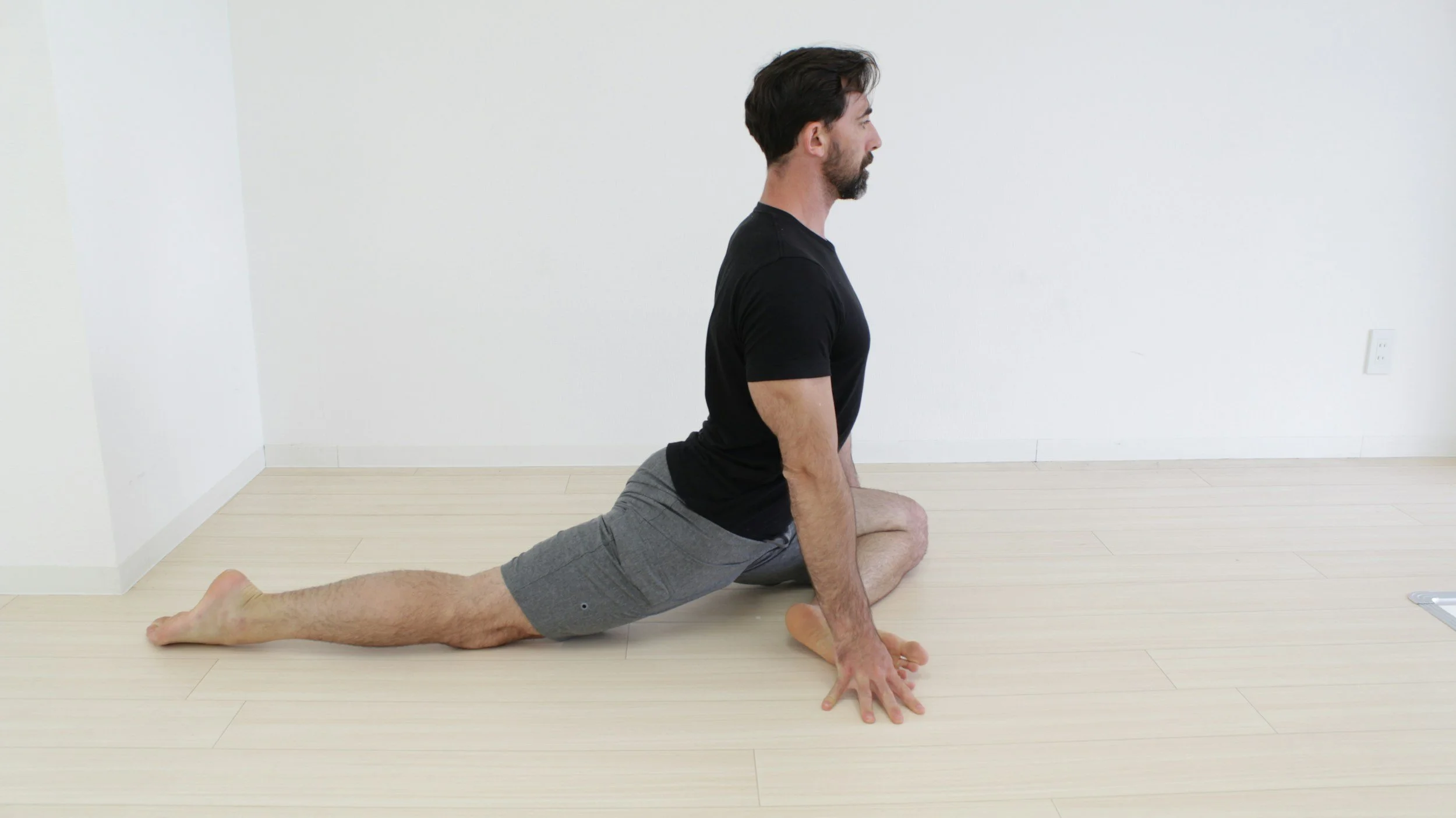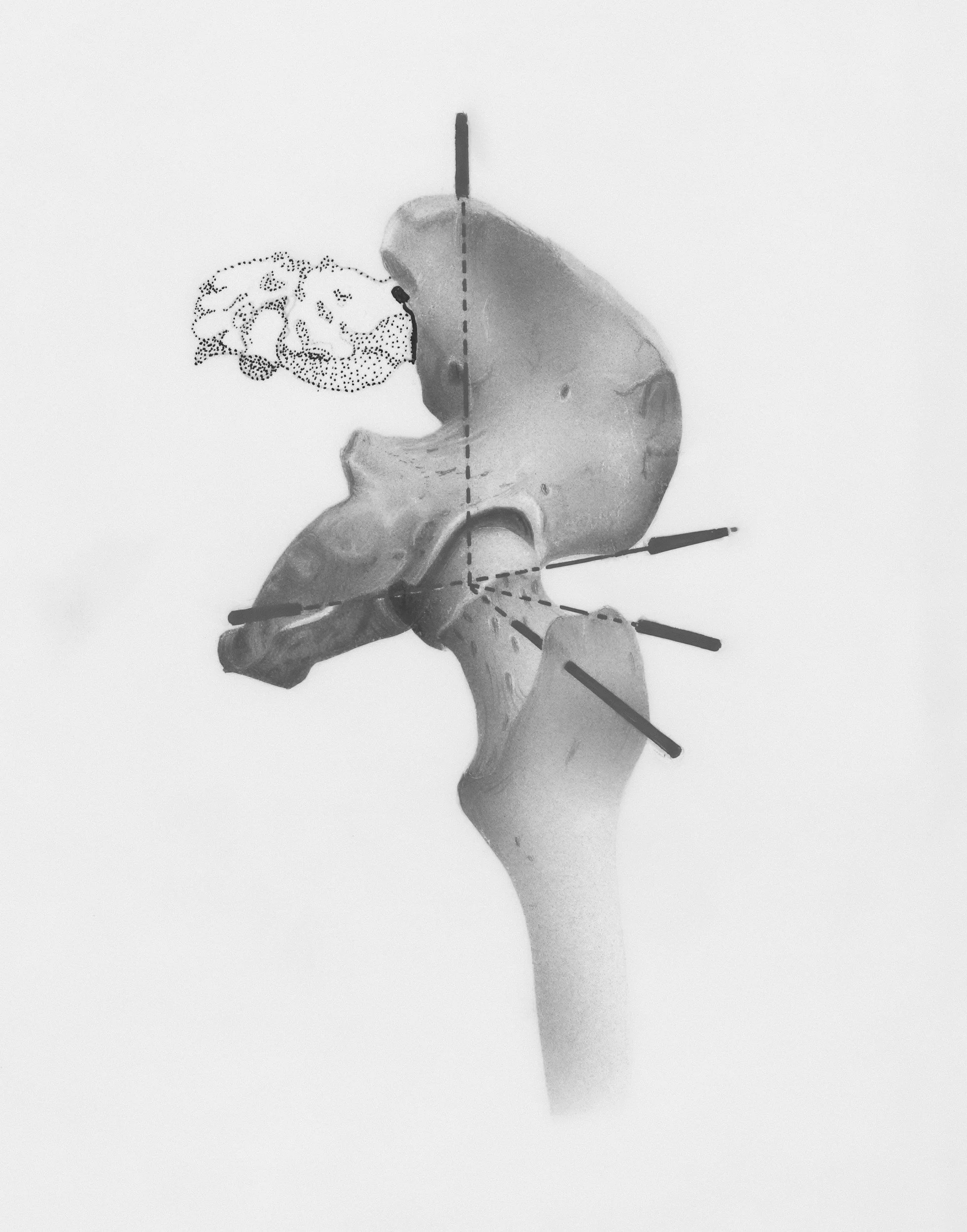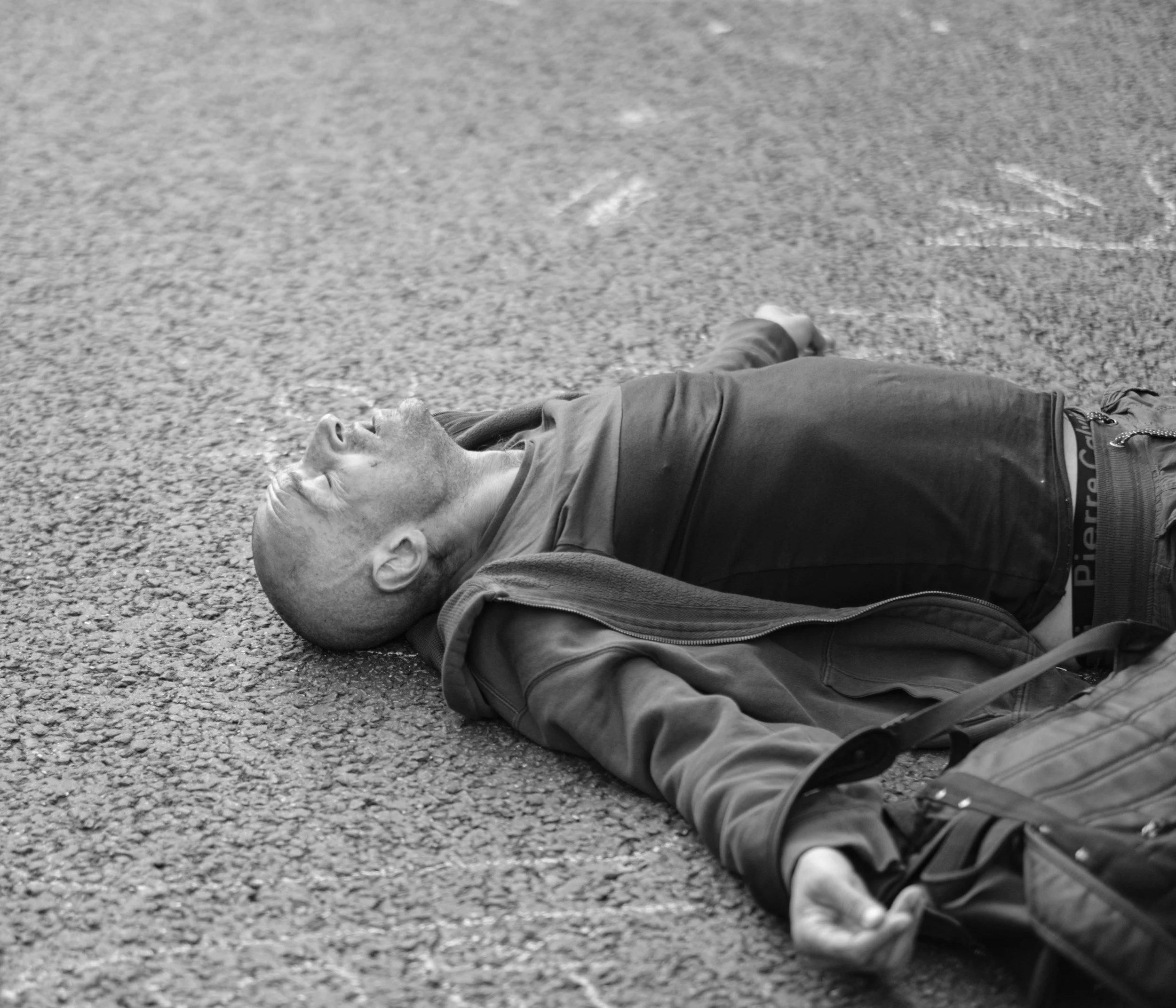“A student of life must take in each part of the body and study its uses and relations to other parts and systems.”
Dr Andrew Taylor Still, founder of osteopathy
When the Pelvis Twists: Understanding Sacral and Pelvic Torsions
Learn how uneven sitting postures and muscle imbalances can cause the sacrum and pelvis to twist, leading to lower back or hip pain—and how osteopathy can help restore alignment and comfort.
Isometric vs Concentric Exercise: Which is Better for Strength and Rehabilitation?
Isometric exercise builds strength without movement, protecting joints and reducing pain, while concentric training develops dynamic strength and muscle growth. A balanced approach often delivers the best results.
Binaural Beats and the Nervous System: A Natural Approach to Nervous System Regulation
This article explores how binaural beats interact with the nervous system, offering a non-invasive method to promote relaxation, focus, sleep, and emotional balance. Specific frequencies are discussed, with practical guidance and links to trusted sources for listening.
Why You Feel Stuck in Stress or Shutdown — And How to Reclaim Calm and Connection
Feeling constantly anxious, overwhelmed, or emotionally numb? Learn how your body’s stress responses may be keeping you stuck — and discover simple ways to understand and gently shift your nervous system back into balance.
Can Visualising Exercise Really Build Strength? The Neuroscience Behind Mental Muscle Training
Visualising physical exercise activates real neuromuscular changes. Learn how mental training improves strength in healthy individuals, athletes, and injury recovery.
Foot Pain After a Big Hike? Don’t Ignore Peroneus Longus Tendon Irritation
Learn how peroneus longus tendon irritation occurs after untrained long-distance walking, what symptoms to watch for, and how osteopathy and arch taping can support healing.
Knee Pain After a Long Walk? It Might Be Hoffa’s Fat Pad Irritation
Discover how long-distance walking can cause Hoffa’s fat pad irritation and what you can do to treat it.
How Osteopathy Can Help with TMJ Pain and Bruxism
Struggling with jaw pain or teeth grinding? Discover how osteopathy can relieve TMJ dysfunction and bruxism through holistic, expert-informed care at Jo Martin Osteopathy.
Osteoporosis and Exercise: Why Gentle Resistance Training Strengthens Your Bones and Eases Back Pain
Osteoporosis weakens bones and increases fracture risk, particularly in older adults. However, scientific studies strongly support gentle resistance exercise—using bands, body weight or light weights—as a safe and effective way to improve bone density, reduce back pain, and enhance mobility. This article explores the causes of osteoporosis and outlines evidence-based exercise strategies to manage the condition and improve quality of life.
Understanding Vertigo: Causes, Connections, and Clinical Insights
Vertigo is more than just dizziness—it is a complex symptom with various potential causes, including vestibular dysfunction, vagus nerve irritation, and mechanical restrictions at the upper cervical spine. Discover the underlying mechanisms and clinical relevance of vertigo in this in-depth article.
Harnessing the Vagus Nerve: A New Frontier in Inflammation Control
A 2024 study published in Scientific Reports demonstrates that the vagus nerve can control systemic inflammation without relying on the spleen. This finding strengthens the case for vagus nerve stimulation (VNS) as a non-drug therapy for chronic inflammation, autoimmune diseases, and gut-related disorders. The article explores implications for clinical care, osteopathy, and natural vagus nerve activation strategies.
The Healing Power of Compassionate Self-Talk: Rewiring the Mind for Resilience and Recovery
This article explores the role of compassionate self-talk in holistic health. It examines the science behind self-directed language, its impact on mental and physical well-being, and how it complements osteopathic care for a more resilient, balanced life.
Remapping Lost Joint Range After Injury: How Gentle Stretching Restores Mobility
After injury, the body often limits joint movement as a protective response. Learn how gentle stretching helps retrain the brain and body to restore full range of motion and prevent long-term stiffness.
How Stretching Time Shapes Your Flexibility: Short, Medium, and Long Holds for Static and Dynamic Stretching
Discover how the length of time you stretch — whether using static or dynamic techniques — determines how your muscles, joints, and connective tissues adapt. Stretch smarter by timing your stretches for maximum results.
Static vs Dynamic and Ballistic Stretching: Understanding the Key Differences for Better Mobility
Learn the essential differences between static, dynamic, and ballistic stretching. Discover how each method affects your muscles, when to use them, and how to stretch safely for better mobility and performance.
How soon aftger surgery Can You Resume Physical Therapy?
This article provides a comprehensive guide to post-surgical healing timelines and safe return-to-treatment considerations. While healing times vary depending on the type of surgery and individual factors, general patterns can guide recovery planning. Using anterior hip replacement surgery as a case example, we explore when it is appropriate to resume osteopathic or physical therapy to support safe, holistic rehabilitation.
Can Neck Tension lead to fainting?
This article examines how functional compression at the upper neck and neck muscle tension may irritate the vagus nerve. It explores the resulting symptoms—such as vasovagal syncope, gut dysfunction, and cardiorespiratory upset—and discusses how osteopathic care may help relieve underlying causes.
How Long Does It Take for a Muscle Tear to Heal? A Practical Guide to Healing Times and Recovery Support
Learn about the different grades of muscle tears, their healing timelines, and how to support recovery with evidence-based strategies. This guide focuses on common injuries like hamstring strains and offers practical advice for optimal healing and return to activity.
Healing a minor Disc Bulge Naturally: What You Can Do and When to Seek Help
This article explores how minor disc bulges causing nerve compression can often heal without surgery. It outlines the necessary conditions for healing, self-care strategies, how osteopaths can support recovery, and when to consider further intervention.
Nerve pain of the neck and shoulders - Understanding Foraminal Stenosis: Symptoms, Risk Factors, and Osteopathic Management
Cervical foraminal stenosis is a common cause of neck and arm pain, often worsened by poor posture or occupational strain. This article explains the condition, its symptoms, and how osteopathic manual therapy can offer relief and support long-term spinal health.
